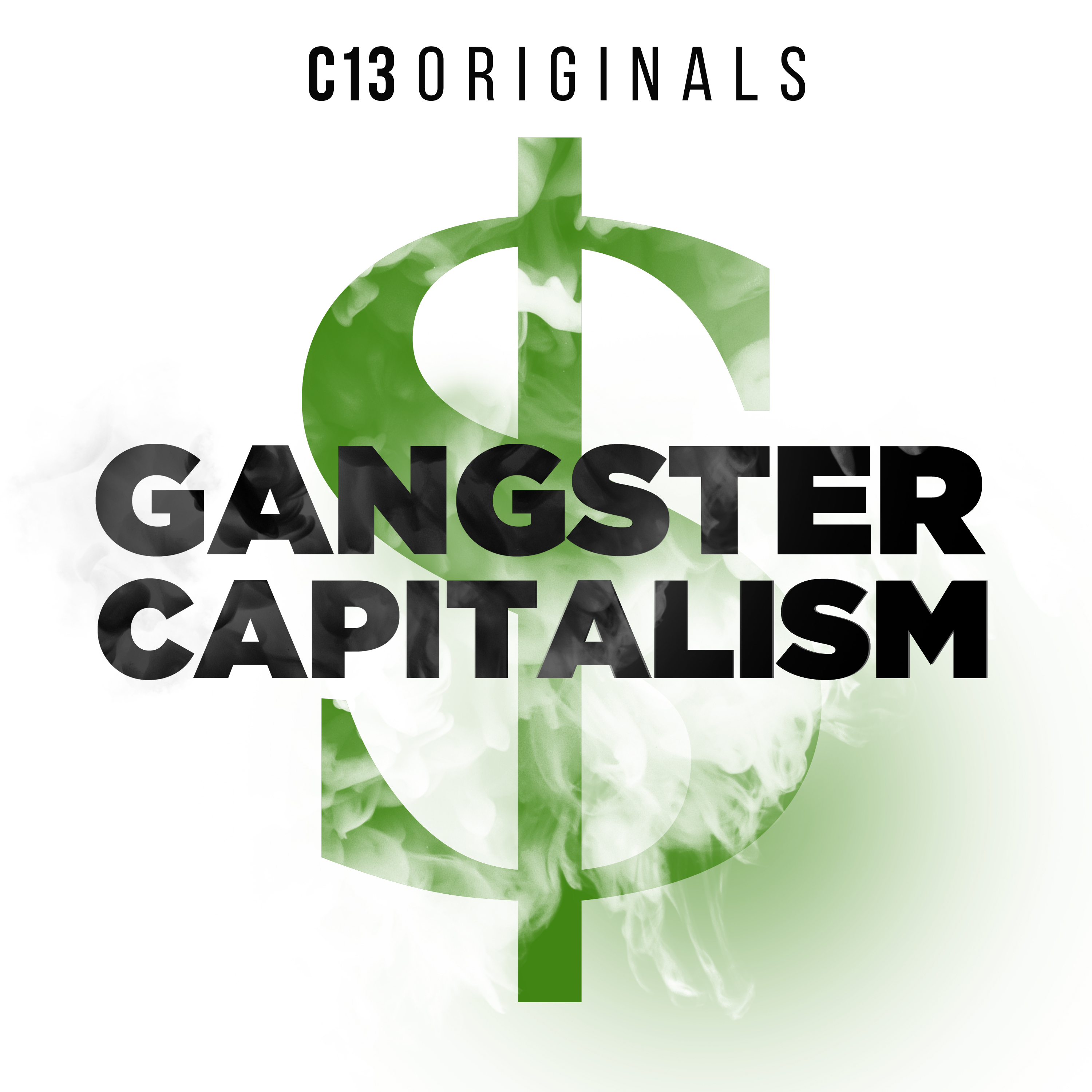'Gangster Capitalism' Host Andrew Jenks Discusses the College Admissions Scandal

Listen
On this episode of ZUCKER, ‘Gangster Capitalism’ host Andrew Jenks joins Andrew Zucker to talk about the college admissions scandal. Jenks discusses his encounter with Rick Singer, potential fixes to the college admissions system, and how the tip that led to the college admissions scandal.
On seeing Rick Singer in person after the scandal broke: There had been a report from a local paper out of St. Petersburg that had said he had been spotted outside of a pool, and I knew from research he did very much like to swim and was into working out, that sort of thing. And so we thought there was probably honestly like a one in one hundred chance that maybe I could go and sort of like hang out, let’s say, by that pool and see if he would show up, and so that’s what I did. I'm in New York, I flew down there, and as it turned out, he sure enough like clockwork in the 10:00 a.m. range showed up for a swim in his Porsche SUV with two paddle boards on top. It was easy to spot.
On one way to fix college admissions: I think that there’s a big problem with things like the U.S. World News and Report rating system. We spend a lot of time focusing on college rankings and I think it’s by and large a pretty absurd and backwards ratings system, really a load of crock. I mean if you think about it, different colleges have different strengths, and yes, U.S. World News and Report talks about that to some extent, but if we’re going to be honest with ourselves, most people are looking at where their overall ranks are and no one knows how that rating system operates.
On punishing the colleges: I think another thing that needs to be looked at is will the colleges be punished at all. They claim that these people were just outliers. And the Yale coach, for instance from my understanding, was involved in several shady activities for some time that it’s hard to believe Yale wasn’t aware of. And so I think the vast majority of people have the right intentions but a few bad apples are still a few bad apples, and that’s not really good enough when it comes to young people’s future.